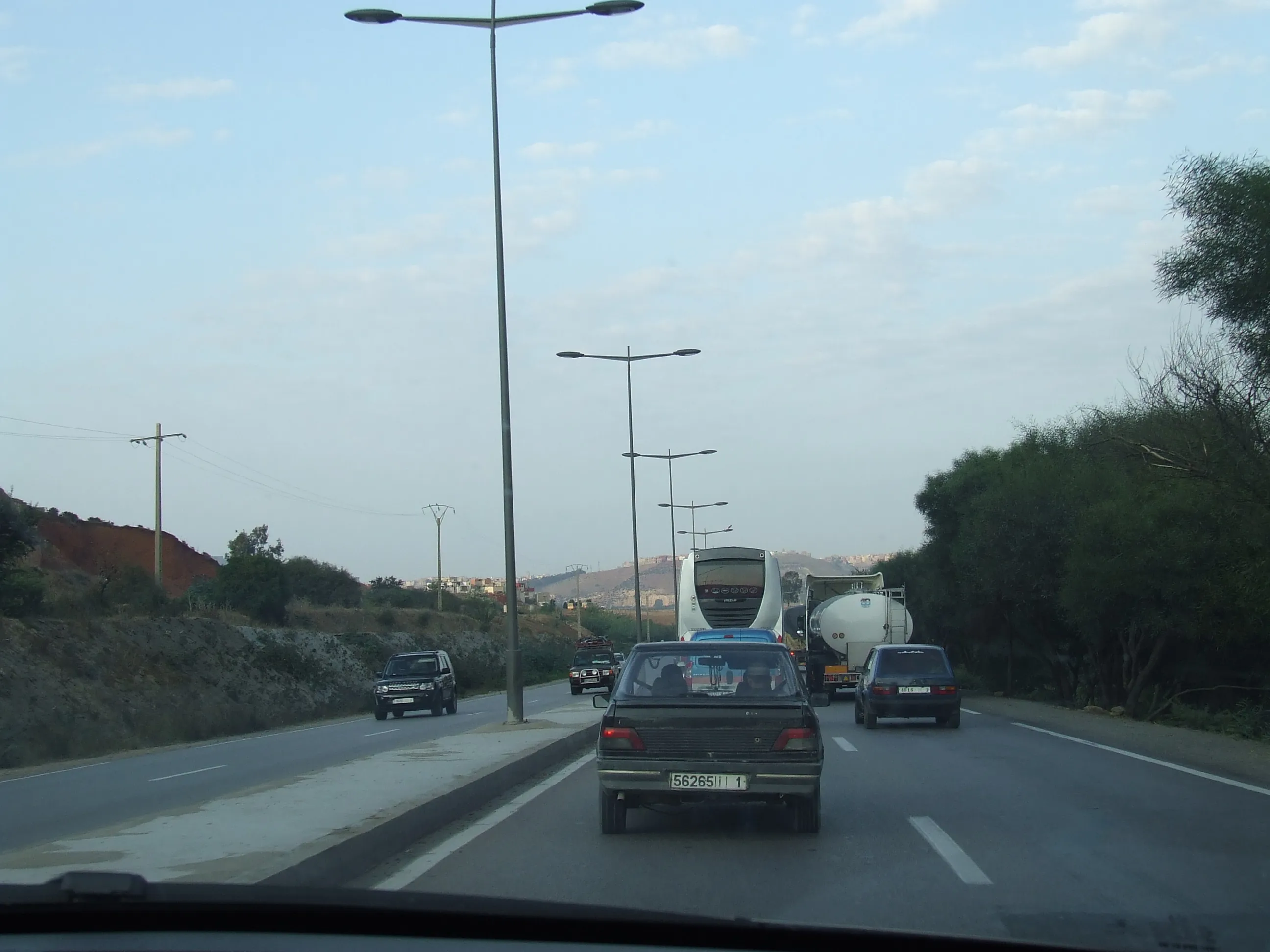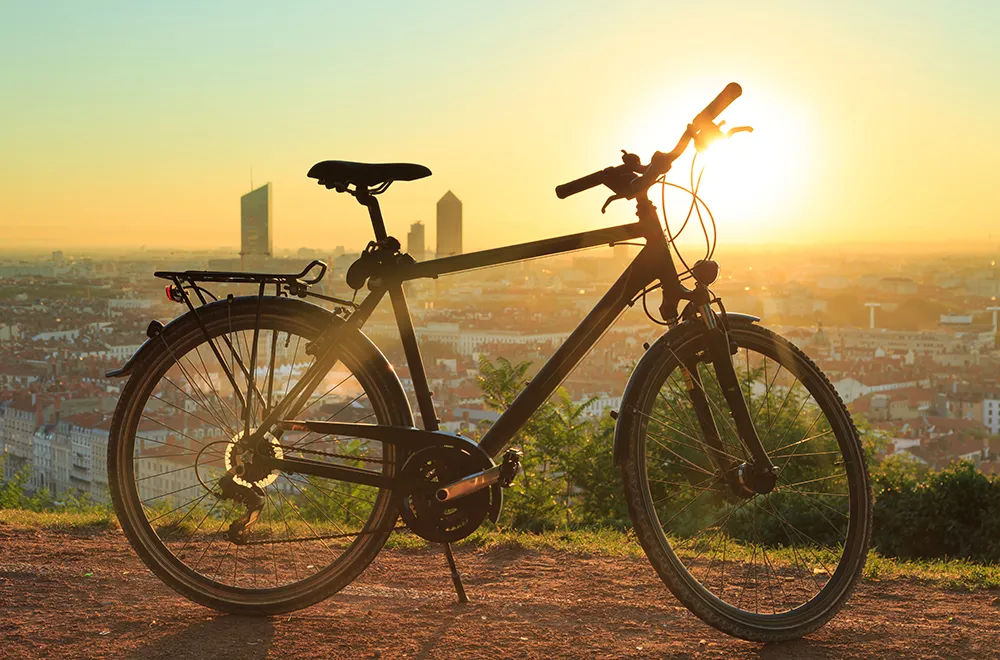Morocco is planning a new highway connecting the key cities of Rabat and Casablanca.
By MJ Woof
February 5, 2020
Read time: 1 min

Construction will start on a new highway connection linking Rabat and Casablanca in Morocco during 2020. The existing motorway between Morocco’s capital, Rabat, and its economic centre, Casablanca, suffers from heavy congestion at peak periods at present. The 86km highway carries up to 85,000 vehicles/day at times and averages around 65,000 vehicles/day. However with much of the route featuring just two lanes in either direction, there can be considerable delays during the morning and evening rush hour, when delays are common. The new highway link is expected to cost around US$528 million to build and will be ready for traffic in 2024. The new route will run between the outskirts of Casablanca, and Rabat’s outer suburbs.







